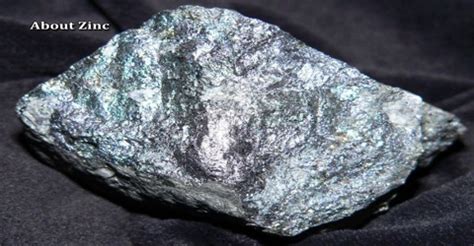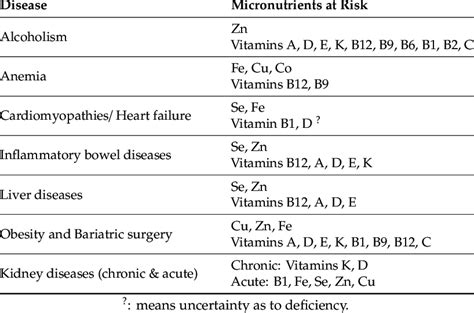The body’s remarkable ability to transform the food we eat into the energy that fuels every thought, movement, and biological process is far more complex than a simple calorie count. While adequate caloric intake provides the raw materials, the efficiency of this conversion relies heavily on a cast of unsung heroes: trace minerals. For men, specific deficiencies in these vital micronutrients, particularly zinc and selenium, can significantly impede their metabolic machinery, leading to more than just fatigue.
The Energy Equation: Beyond Calories
Most people understand that macronutrients—carbohydrates, fats, and proteins—are our primary energy sources. Carbs are broken down into glucose, fats into fatty acids, and proteins into amino acids. These are then channeled through intricate biochemical pathways, most notably the Krebs cycle and oxidative phosphorylation within the mitochondria, to produce adenosine triphosphate (ATP), the body’s universal energy currency. However, these pathways don’t operate in a vacuum. They are orchestrated by a vast array of enzymes, many of which require trace minerals as cofactors to function optimally.
Zinc: The Metabolic Maestro
Zinc is a foundational mineral involved in over 300 enzymatic reactions in the human body, playing a crucial role in gene expression, immune function, and protein synthesis. For energy metabolism, zinc is indispensable. It’s vital for the proper function of enzymes involved in carbohydrate metabolism, including those that help break down glucose. A deficiency can impair glucose utilization, leading to less efficient energy production from carbohydrates. Furthermore, zinc is critical for thyroid hormone synthesis, and as we’ll see, thyroid hormones are major regulators of metabolic rate. Low zinc can therefore indirectly slow metabolism, making energy conversion sluggish.

Selenium: The Antioxidant Powerhouse and Thyroid Ally
Selenium is another essential trace mineral with profound implications for energy. Its primary role in energy metabolism stems from its function as a component of selenoproteins, which are powerful antioxidants. These selenoproteins protect cells, including the mitochondria (the powerhouses of the cell), from oxidative damage that can occur during normal metabolic processes. Without adequate selenium, mitochondrial function can be compromised, reducing the efficiency of ATP production. More critically for energy, selenium is absolutely vital for the synthesis and activation of thyroid hormones. The thyroid gland regulates metabolism, and a deficiency in selenium can lead to impaired thyroid function, slowing down overall metabolic rate and energy output.

Interplay with Macronutrients
The impact of zinc and selenium deficiencies isn’t just general fatigue; it directly affects how well the body processes each macronutrient. For carbohydrates, impaired zinc function means glucose might not be as efficiently metabolized, potentially leading to higher blood sugar levels and less immediate energy. For fats, both zinc and selenium contribute to the integrity of cell membranes and the efficient transport of fatty acids, meaning their conversion into usable energy can be hindered. Protein synthesis, crucial for muscle repair and growth, is also highly dependent on zinc, meaning that even if protein intake is adequate, its utilization for energy and bodily repair can be suboptimal, further impacting physical performance and recovery.

Common Deficiencies in Men
While both men and women can experience these deficiencies, certain factors might make men more susceptible or highlight their impact differently. Active men, for instance, may have higher zinc requirements due to loss through sweat. Diets high in processed foods and low in whole, nutrient-dense options are common culprits. Additionally, men often experience unique stressors that can deplete these minerals. The cumulative effect of these deficiencies can manifest as persistent fatigue, reduced physical stamina, impaired cognitive function, and a general feeling of low vitality, even with seemingly adequate caloric intake.

Identifying and Addressing Deficiencies
Recognizing the subtle signs of these mineral deficiencies is the first step. Symptoms can include persistent low energy, poor immune function, hair loss, skin issues, and even reduced sense of taste or smell (zinc). If you suspect a deficiency, consulting a healthcare professional for testing is advisable. Dietary sources of zinc include red meat, poultry, beans, nuts, and whole grains, while selenium can be found in Brazil nuts, seafood, lean meats, and eggs. Incorporating a diverse, whole-food diet is the most effective strategy to ensure adequate intake and support optimal energy conversion.

Conclusion
Ultimately, true energy goes far beyond merely consuming enough calories. It hinges on the intricate biochemical symphony conducted by essential trace minerals like zinc and selenium. For men striving for optimal vitality, peak physical performance, and sustained mental clarity, understanding and addressing these often-overlooked nutritional components is paramount. Ensuring adequate intake of these micronutrients is not just about preventing deficiency symptoms, but about unlocking the body’s full potential to efficiently convert food into the vibrant energy needed for a fulfilling life.




